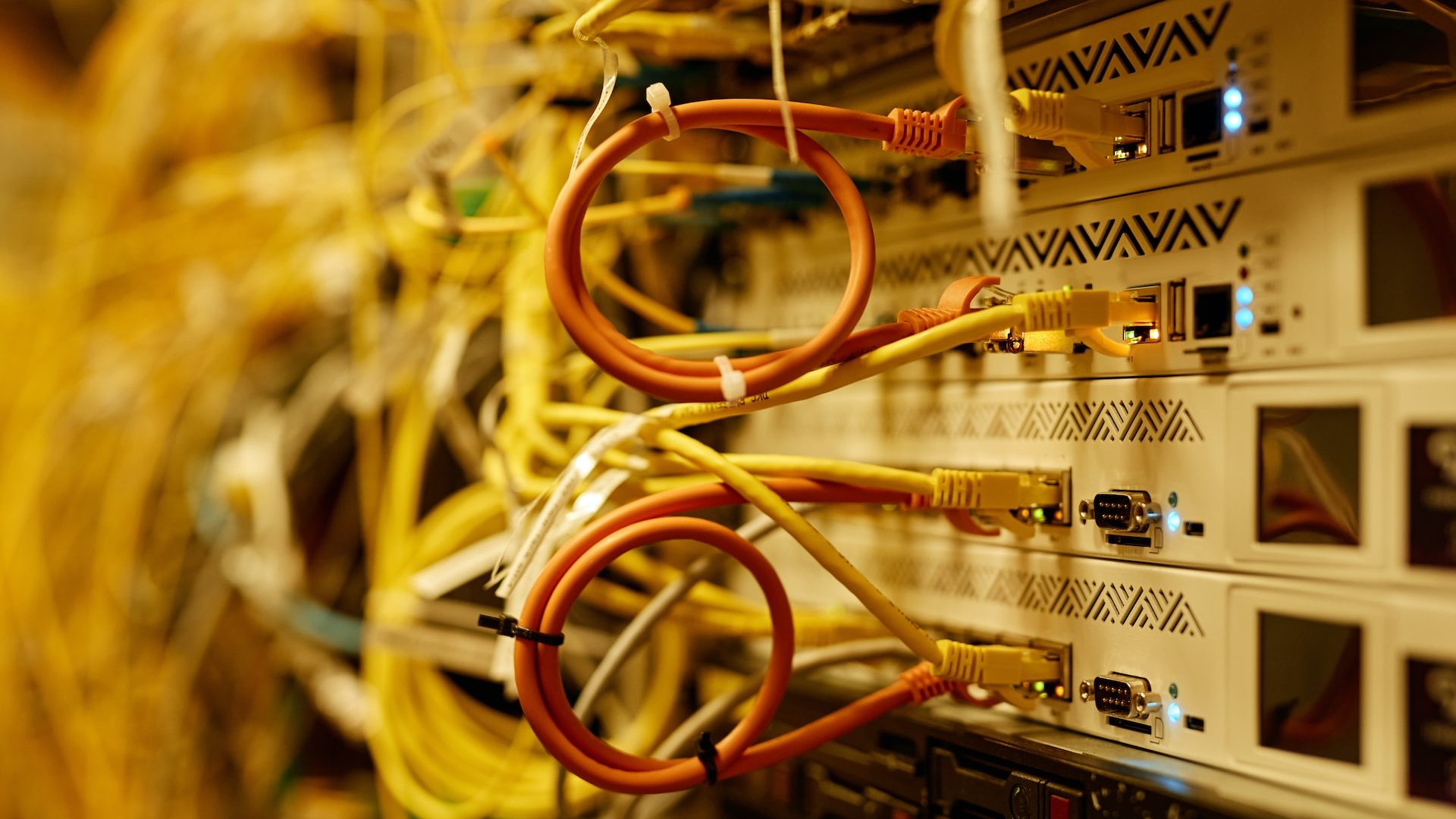In a business landscape where streamlined communication and rapid data exchange have become vitally essential, the role of network equipment cannot be underestimated. Network equipment – the collective term for the hardware that forms a network’s infrastructure – provides the foundation for all online communications within a business, facilitates data transmission, ensures security, and drives operational efficiency.
Network equipment includes devices such as routers, switches, modems, and firewalls. Each of these devices performs unique functions in the network environment, playing critical roles in establishing and maintaining efficient, reliable, and secure connections. Choosing the right network equipment can have a profound impact on your organization’s overall productivity and operational performance.
In this educational and informative blog post, we will explore the world of network equipment solutions, shedding light on their importance in modern-day business operations, introducing different types of network devices, and outlining the considerations when selecting network equipment for your organization.
The Importance of Network Equipment Solutions
As modern businesses continue to rely on robust and efficient networks for seamless communication, data exchange, and workflow management, the significance of having high-quality network equipment cannot be overstated.
The right network equipment solutions not only ensure faster data transmission and facilitate communication among team members, but they also protect your organization’s sensitive information through built-in security features. Investing in a reliable and efficient network infrastructure can result in enhanced productivity, smoother operations, and a solid foundation for future business growth.
An Overview of Common Network Equipment
- Routers: Routers serve as the central hub for your organizational network, directing the flow of data packets between devices and ensuring that they reach their intended destination. They are responsible for determining the most efficient path for data transmission, optimizing network performance, and connecting your organization to the outside world via the Internet.
- Switches: Switches form the foundation of an internal network by connecting devices, such as computers, printers, and servers, within a local area network (LAN). A switch helps manage data traffic by receiving, processing, and forwarding data to the correct destination device, resulting in fast and efficient internal communication.
- Modems: Modems act as intermediaries between your organization’s internal network and the external internet service provider (ISP). They convert digital data signals from your network into analog signals that can be transmitted over a phone or cable line before converting them back to digital signals when received by the ISP.
- Firewalls: Firewalls are critical security components that monitor incoming and outgoing network traffic, discern potential threats, and block any unauthorized access to a network. They enforce predefined security rules and protocols, helping organizations protect their valuable data and maintain network integrity.
Considerations for Choosing Network Equipment
- Assess Your Networking Requirements: Begin with a thorough assessment of your organization’s current and projected networking needs, including the number of users, devices, and applications supported and the desired network speed and performance. This information will help guide your equipment decisions and ensure that your network can handle your organization’s unique requirements.
- Scalability and Stability: As your business grows, so will your networking needs. Ensure that the network equipment you choose can accommodate future expansion, such as adding more users or devices, without a decline in network performance. Make sure to choose equipment known for stability to avoid lengthy downtime or inefficient network operations.
- Network Speed and Performance: Different devices offer varying levels of speed and performance, which play vital roles in your organization’s overall productivity. Consider factors such as data transmission rates, processing power, and traffic management capabilities when choosing your network equipment items.
- Security Features: With increasing cybersecurity threats, network security is an essential factor to consider when selecting network equipment. Firewalls, intrusion detection systems, and encrypted data transmissions are some examples of security measures that can help safeguard your network from data breaches or unauthorized access.
- Ease of Use and Management: A user-friendly network equipment solution allows for swift implementation and straightforward troubleshooting, reducing the administrative burden on your IT personnel. Remote management features can also simplify the monitoring and maintenance of devices, even from offsite locations.
The Role of TP Communications in Network Equipment Solutions
Partnering with an experienced provider like TP Communications ensures that your organization’s network equipment solutions are well-suited to your specific needs. Their expertise helps streamline the process of network planning, equipment selection, and implementation while providing ongoing support as needed. TP Communications can guide you through every step of creating a successful network infrastructure, from initial consultations to equipment installation and user training.
Conclusion
Investing in high-quality network equipment solutions not only boosts your organization’s productivity and efficiency but also sets a strong foundation for future growth and success. By understanding the importance of network equipment, becoming familiar with common devices like routers, switches, modems, and firewalls, and weighing critical considerations before choosing the right equipment, you can ensure that your business maintains peak operational performance in an increasingly competitive market.
Elevate your business operations with TP Communications’ Network Cabling services in Calgary! Our team of experts will provide you with the support you need to navigate the world of network equipment solutions. With our reliable network infrastructure, you can achieve seamless business operations and stay ahead of the competition. Don’t let network issues slow you down, contact TP Communications today and experience the benefits of a robust network infrastructure.




